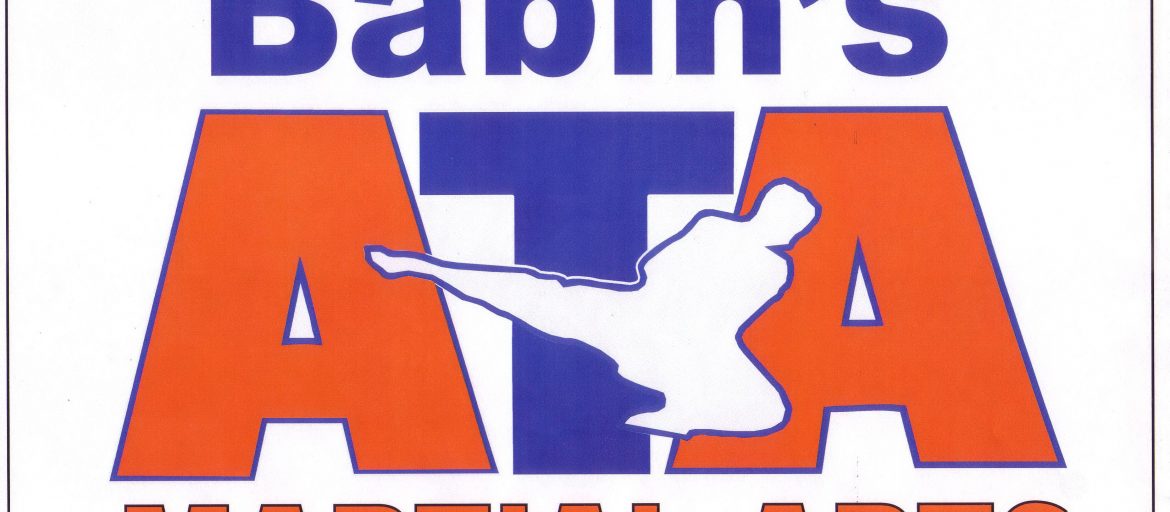DEAL WITH THE ELEPHANT or IGNORE IT? (part 4)
IGNORE THE ELEPHANT — LOSE CREDIBILITY
There’s this thing called “credibility,” and it means simply, “believable.” The word comes from the Latin, “credo,” which means, “I believe.” And I fear that all too few instructors realize that the value of their program is directly proportional to their credibility. I also fear that many instructors do not realize how carefully many parents are watching and listening.
Let’s go back and look at exactly what the instructor did and said, especially the very last thing he said:
The students had lots of trouble with the drill, and at the end of class, the instructor said:
“Let’s give them a round of applause, come on parents! Great job, kids!!!! Clap for yourselves. Woo hoo!”
After that, he went on to review announcements, lead the oath, and dismiss the class. That is known as “ignoring the elephant.”
PARENTS ASK THEMSELVES THESE QUESTIONS
When this happens, parents watching have to ask themselves a few simple questions:
Did the instructor NOT see that the students could not do what he was asking them to do?
Wow! If he did not see how poorly the kids did, I’m not sure he’s watching very closely. Maybe I need to take my kid to another studio where he will be watched more closely.
Maybe the instructor did see what happened. After all, he did change the activity. So if he knows that the kids could not do it, then why is he telling us they did a “great job”? Why is he asking us to clap for them?
I assure you that if you “ignore the elephant” and do not address the difficulty the students had, these comments will be floating around in the heads of the parents who watched.
Is that situation any good for your business?
WHY DID HE IGNORE THE ELEPHANT?
BECAUSE IT’S EASIER THAN TALKING ABOUT IT
All instructors feel responsible for the performance of their students. They want them to do well, and they work hard toward that goal. Whenever your students don’t perform as you would like, it can be embarrassing for you as an instructor. That self-consciousness makes it hard to talk openly about how the students did.
Inexperienced instructors often act this way.
But “classroom elephants” can shut down even experienced instructors because any time you need to talk about something difficult, it’s always easier to just avoid it. When’s the last time you explained a “no change” to some parents? Or when’s the last time you faced a parent who insists the tournament judges missed all his child’s points?
It is simply easier to avoid these “stinky issues.”
DEAL WITH THAT STINKY ELEPHANT
The best instructors simply admit that a big stinky elephant just left a pile of processed grass in the middle of the floor!
So that’s the first step. Say something like this: “Hey parents. I know you noticed how challenging that front kick drill was for them. Many had some real problems with it, right?”
INCREASE YOUR CREDIBILITY
Acknowledging what really happened actually increases your credibility, especially when what happened is negative. It makes the parents feel that you are not only watching carefully, but also you are HONEST about how the students deal with what you ask them to do!
That’s extra points in the value department, folks!!!!!!
Then, you can say: “I know many had some real difficulty with the combination. That’s to be expected. It’s week #1. This material is very new for all of them.”
OR
“I know many students had real difficulty with the kicking combination. Taekwondo IS challenging. But that’s how we build confidence.”
BLACK BELT ATTITUDE vs PHYSICAL PERFORMANCE
And then you can hit the “instructor-generates-value-home-run” by saying:
“But did you notice, that all of them were smiling. No one got frustrated and quit or cried. So I think we need to clap for them showing BLACK BELT ATTITUDE. I know they did not get it TODAY, but their attitude and effort tells me they’ll be back in the next class and keep trying hard. That’s the kind of attitude you want in them….RIGHT?”
And here’s another great tip, ALWAYS END YOUR STATEMENT TO THE PARENTS WITH A REQUEST FOR CONFIRMATION—-“Right?”— and look right at them and expect them to shake their heads in confirmation. In fact, shake your head in approval while you look right at them.
Senior Master James Kenney explains the difference between praising technique and praising attitude very clearly:
“Sometimes we move further and faster than the students are ready for. In this case you can always recognize a student for their effort and attitude. Instead of saying to the parents what a good job they did, you should recognize the students for great attitude while practicing a difficult combination.”
BE SPECIFIC WITH PRAISE
You must be specific in what you are praising, as Master Kenney says. Acknowledge that their performance was inadequate, but their attitude was superior.
And that is how you GENERATE VALUE by dealing with elephants in your classroom.




